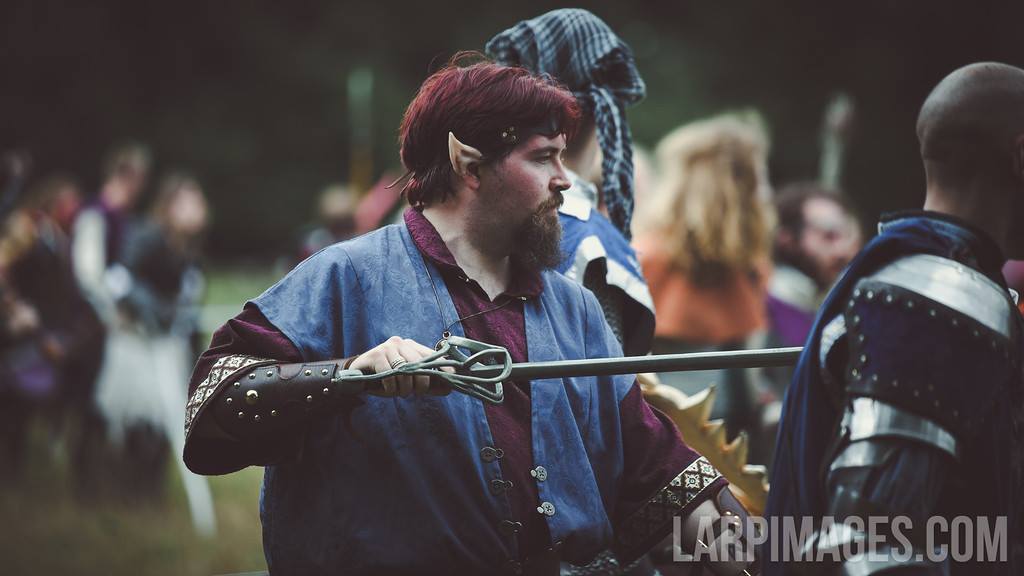In the context of LRP and roleplay in general, what use are systems? What benefit do we get from them? Are they something to be thinned down and eradicated, or something to be built up and enshrined?
There are arguments both ways. I’m not sure where I stand, and I’m not sure I agree with all the arguments that I’ve been presented with.
What good things do systems bring to LRP?
- Systems provide structure
- Systems mean that everyone is playing by the same rules
- Systems ensure impartiality
- Systems give context to setting
What bad things do systems bring to LRP?
- Systems impose order
- Systems have loopholes
- Systems breed rules lawyers
- Systems can be misinterpreted
- Systems restrict choice
- Systems confuse
- Systems are complex
An initial glance at the two lists I’ve put together puts the argument way in favour of not having them if there are more bad things than good. But there are many levels of system, and they’re not all the same.
Someone said to me recently that the difference between a big fest game and a small local game is that the advantage of a small local game is you can have a massive complex system that covers every possibility while a large fest game has to keep things simple for the masses. I happen to disagree, as I don’t think any system should be so complex that players need to be reminded on what calls do before every session.[1]
Broken Dreams LARP are a company who specialise in games that have strong, evocative stories. From what I’ve seen, there games have systems but they are simple things that give you a basic structure and idea for how the game should be played and then it gets out of the way to allow you to roleplay your heart out. Shadow Factories is another LRP group who run events with tonnes of story and roleplay and a system that gets out of the way to enable that.
Empire by Profound Decisions is a big fest system that has a fairly simple system that enables you to go out and do your roleplay while having a system that supports it. While there are some more complex systems in there, they’re opt-in, not opt-out.
For five years, I ran No Rest for the Wicked, which was famed for having a ridiculously complex system. It was about as bad as people said it was, not helped by having had at least six different people involved in writing rules at different times, many of which contradicted each other when publishing rules updates, and a rulebook compiled by yet another person which simply brought together all the other rules documents without checking them. I believe someone once pointed me at three different systems for healing in the rulebook, at least one of which said they were better off recovering by lying in a ditch in the dark than actually getting healed by a medic.
Having looked at these systems, what I’m taking away is that a good and successful system should:
- be simple enough for anyone to understand, regardless of how large your game is
- enable roleplay, not restrict it
- be clear and concise
- not need explaining every session
- not contradict itself
This is the ethos I’ve been trying to work to when developing the system for No Heaven. I’m not sure I’ve succeeded, and I don’t think I’m done. It’s certainly more complex than a Broken Dreams or Shadow Factories system, but I think it’s not much more complex than Empire, and it’s much simpler than the old No Rest for the Wicked rules. Of course, I’m not sure I’m ever going to get around to running No Heaven at this stage, regardless of how much progress I make with the rules system.
To go back to the earlier point about the advantages of small systems versus big systems. I don’t think the advantage of a small system is that you can make the rules more complex; I think the advantage of a small system is you can more often trust your players to roleplay their hearts out regardless of what the rules are, and you don’t necessarily need to impose order by having a single rules set everyone has to use to make things fair.
Footnotes
| 1. | ↑ | The difference in what Strikedown calls do in different systems notwithstanding |

